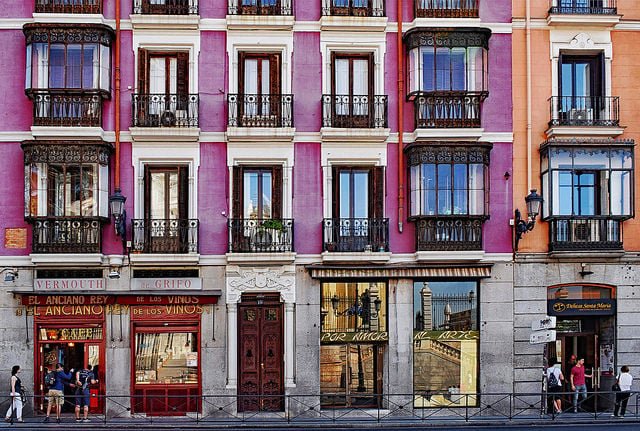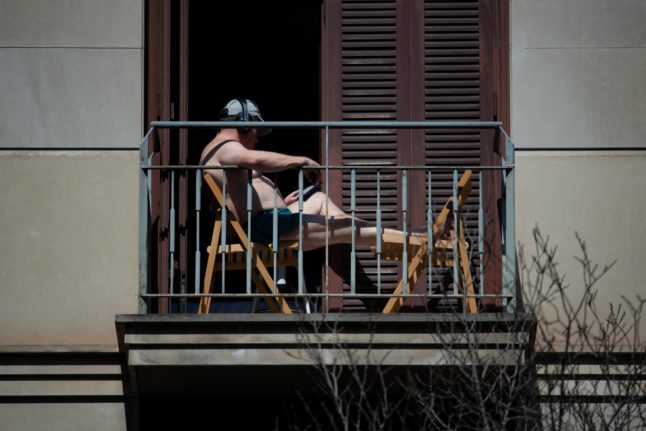Which areas are affected?
The declaration of a zone as an “unstable housing market” can be made by Barcelona’s City Council or the Housing department of the Generalitat (Catalonia’s regional government) if the area meets the criteria outlined in the law.
The zone is only declared after completion of a detailed study carried out by the relevant housing authority.
Smaller municipalities may, on their own initiative, request to be declared an unstable housing market and introduce the capping if they present a report justifying the status.
READ MORE:
- What you need to know about Spain's new rental laws
- The survivor's guide to renting in Madrid
- Renting property in Spain: Know your rights as a tenant
What’s the criteria?
In order to be categorized as an “unstable rental market” and subject to the new law, it must be shown that rents in the zone have experienced a “sustained” increase at a cost clearly above the average.
It can also be applied if it shown that the increase in demand outstrips the availability of affordable housing or if the prices rises have significantly risen above the reference index pricing of the area.
In those zones, the rental price will be capped at 10 percent above the price per square meter of the reference index.
No zones have yet been created but will be established in the coming months. Much of central Barcelona is likely to be affected.
Data published on El Periodico showed that between 2014 and 2016 alone rent had soared in Barcelona's most desireable neighbourhoods, rising a whooping 25 percent in Diagonal and Poblenou districts and 33 percent in Torre Baró.
What’s the reference index of rental prices?
Known is Spanish as the índice de referencia and in Catalan as L’índex de referencia, the reference index is calculated according to bond price data on Incasól. It’s basically an average price worked out per square meter according to the exact location and general condition of the property.
But it is not an exact science, so if one property is in outstanding condition in a down-at-heel neighbourhood, it won’t necessarily be reflected in the index price.
To work out the reference index in a particular area, the Catalan housing department has a tool which calculates price based on square meterage, location and condition.
Exceptions for a view, garden or swimming pool
The price can rise above the 10 percent cap if the property has an “exceptional feature” such as a particularly desirable view or if the property comes with communal gardens or a community pool.
New build or refurb?
New-builds or recently refurbished apartments also come with an exemption, this time of 20 percent above the reference index within the first five years of construction work.
In order for a property to qualify for special treatment the owner must make an “exceptionality application”.
Could this affect my current rental contract?
The new law will insist that any annual rise in rents on current contracts be based according to the Competitiveness Warranty Index – Índice de Garantía de Competitividad (IGC) in Spanish – a government index designed to combat inflation and promote the competitive gains of Spain in relation to the European Union.
Effectively, that means annual rental increases can only rise by the rate recorded in the IGC, which currently stands at -1.5 percent. Tha doesn’t mean that your rent will decrease it just means it will be frozen until such a time as the rate rises above 0 percent.
When will the rent caps come into force?
It could still be months away.
The measure, which has been brought in by Catalonia’s regional government needs to be ratified by parliament within 30 days. Even then it could yet be appealed before the Constitutional Court.
Authorities will then begin studies to zone neighbourhoods where the rental market is unstable.
READ MORE: What you need to know about Spain's new rental laws




 Please whitelist us to continue reading.
Please whitelist us to continue reading.
Member comments